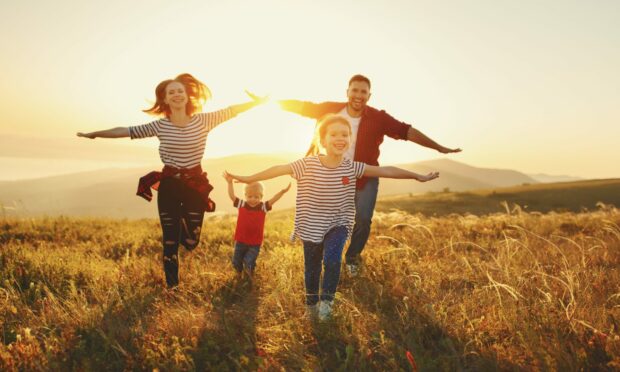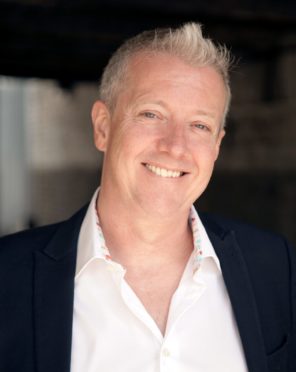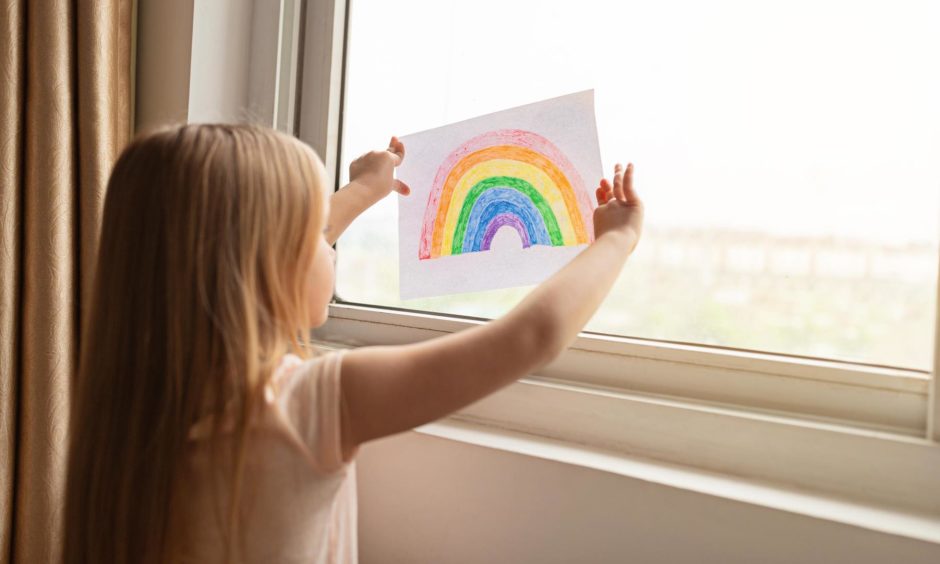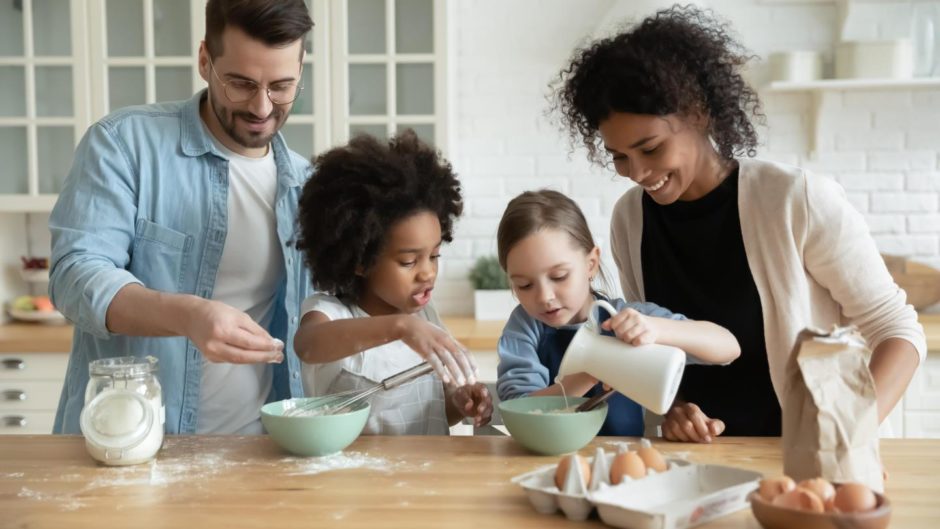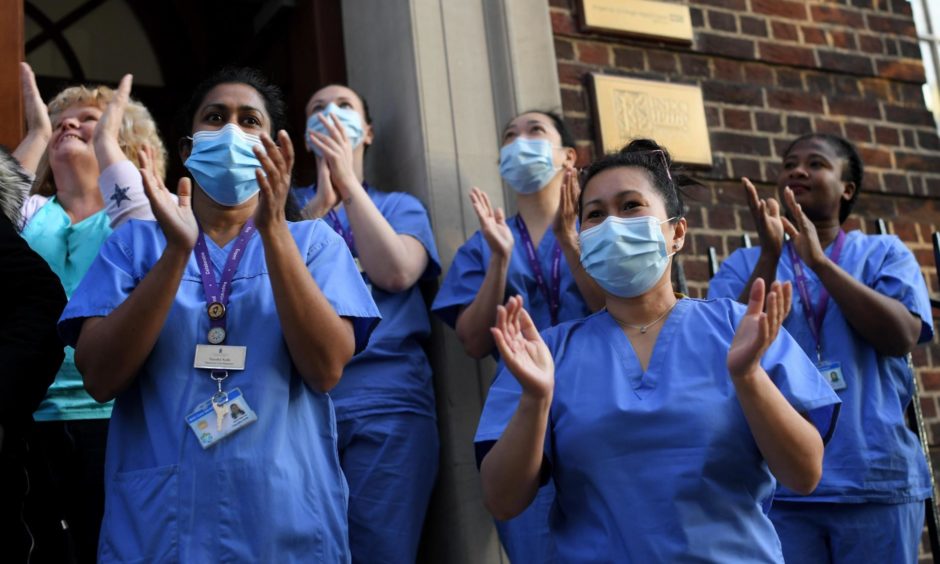If a crisis truly brings out the best and worst in humanity, we have all seen that laid bare during the pandemic.
Amongst the relentless stream of bad news and scary statistics came unlikely bright spots. We called old friends. Connected on Zoom. Tidied our gardens. National heroes were found and medical history made.
The world is forever changed, but how do we navigate this new world? How do we help our families to recover? The answer might be simpler than you think.
First of all, it’s important to understand the scale of the challenge we’ve faced collectively, and the psychological toll this takes on us as individuals. Psychotherapist Noel McDermott points out that the trajectory of the Covid-19 pandemic coupled with the response from biomedical science makes it an entirely unique world event.
“One thing that happens in natural disasters, in pandemics, in wars, is that extraordinary transformation takes place,” says Noel, referencing changes to the political landscape, global economy, healthcare systems, and social welfare issues.
“There are three central life circumstances: work/school relationships, home relationships and intimate relationships. If any one of those are interrupted we’ll feel quite disturbed. At the moment we have all three in a state of flux, so we have to find a way to manage that.”
Over the edge
Sadly, for many families, lockdown brought a host of new challenges or became a pressure pot for existing tensions. There were sharp increases in mental illness, domestic violence, child protection concerns and addiction. Job insecurity and poverty weighed heavy on many families, and the statistics here are stark, says Noel.
“With every 1% increase in unemployment we tend to see an almost parallel increase in suicides. There’s been research across Europe that has shown that. The link between economic struggles and psychological struggles is probably the best researched link ever. Poverty creates psychological, physiological problems – that’s it, bottom line. Even the thought of poverty… will have a significant impact on psychological distress.”
The catchment area for people with psychological distress has grown significantly.”
Research from the Royal College of Psychiatrists suggests that psychological distress is on the increase. Noel explains: “Consider a spectrum of people ranging from not very ill to very serious. Perhaps 90% are in the ‘okay’ range, but those close to the edge have been pushed over, and those already over the edge have got much worse. The catchment area for people with psychological distress has grown significantly. And since our future is predicated on previous experience, the danger is that anxiety and depression can become a habit.”
Face your fears
As the poverty example shows, fear can be toxic to our mental health and wellbeing, but understanding fear is also crucial to healing.
“When we’re anxious about something we avoid it, and when we avoid it we reconfirm behaviourally that it’s something to be afraid of,” says Noel.
“What we have to do is face that thing. There’s an old saying in behavioural psychology: we don’t run from the bear because we’re afraid of it; we’re afraid of the bear because we run away from it. If we can contain our fear through better knowledge and insight into the current situation, we go a long way to helping our children do the same.
“We know now that we have broken the link between infections and death. Our vaccines have won. There’s nothing to be afraid of any more.”
Positive planning
Instead of ruminating on our fears, Noel advocates positive planning.
“When we think negatively about something, we are activating the bit of our brain called the amygdala, which has three options: fight, flight or freeze. Those options have been chosen by Mother Nature because they’ll save you from extreme danger, but if you’re not a human at imminent risk it’s a very limited way of dealing with issues.
We don’t run from the bear because we’re afraid of it; we’re afraid of the bear because we run from it.”
“When you can take the observer position and plan positive things, you increase your cognitive capacities and are better able to cope.”
Many schools and families kept lockdown diaries or buried time capsules as a way of “observing” this unique point in time – something Noel highlights as a “fantastic” coping strategy.
He explains: “Having good records of the experience that allow you to reflect upon your growth and learning is in the healthy zone. It’s also very common in trauma events for people to see very clear divisions between ‘before and after’. It’s part of the mechanism through which we process traumatic events and it’s a healthy thing to do.
Our school council have buried a time capsule filled with things they thought reflected the COVID 19 pandemic. Perhaps a grandchild or great-grand child of one of our current pupils will be lucky enough to dig it up in the future and see what life has been like for the children. pic.twitter.com/MpD9lf486Y
— Alleyn Court Prep (@AlleynCourt) June 25, 2021
“What people choose to put in the capsule is up to them. It will be fascinating for young people who may have hazy memory of it to look back and say, ‘that’s the picture I drew’. That ability to look back and reflect on the event as a different person is psychologically very healthy.”
The power of nesting
Activities that brought families together were crucial during lockdown. With millions trapped indoors, our home life became our whole life. Family crafts, board games, movie nights and dinners became essential bonding time, and DIY stores rapidly sold out of paint, tools and gardening supplies as we rushed to do all the jobs we’d been putting off for years.
Nesting allowed us to settle into our safe space as the “stay at home” message rang out, and Noel believes nesting will also help us to move on.
“We internalised the message that home equals safe and out there equals dangerous,” says Noel. “Focusing on home is a good thing to do. Our physical environment is so important. Studies have found that something as simple as washing dishes has more positive benefits than a session with a psychologist.”
Noel continues: “Going forward, it’s important that we recognise that inside also means inside me. That means giving ourselves some TLC. Slow down, do nice stuff and pat yourself on the back. Love bonding is a priority at the moment and it’s absolutely the right instinct.”
Diversity is key
Beyond spending time with loved ones, it’s also important to get used to having a wide social circle again. ‘Clap for carers’ quickly became political, but the act of a nation standing on their doorsteps was an important moment of solidarity.
Noel adds: “I met people on the doorsteps I’d never talked to before. I live on a council block and now have good chats with the gardener and cleaner. Core to resilience is a simple mathematical thing. How many people are there in your life that emotionally care about you and how diverse is that group?
“If you want to know the one way of winning in life, this is it. Diversity produces massive, wonderful growth in your frontal lobes.”
This diversity of human interaction is also one motivator in getting kids back to school and employees back to work. We know now that the workplace will be forever changed by Covid-19. Yet even as we move towards more home working, social and digital platforms will be key to ensuring that we mix with colleagues virtually if not in person.
If you want to know the one way of winning in life,
this is it.”
“Work and school are profoundly healthy,” says Noel. “If you’re anxious and you go to see the occupational health person at work, they’ll get you back to work as soon as possible because being in a diverse environment with meaningful activities and structure helps with psychological distress. Just being around other people is healthy – especially if you don’t like them!”
A sociable summer
This summer, individual reflection and human connections will help us build resilience as we adapt to the new normal, says Noel.
“Isolation will kill you. Consider the ‘Glasgow effect’. Glasgow had worse public health outcomes than other places consistently for decades. In particular, guys in Glasgow died sooner than other men around the UK. One of the things that distinguished those guys is they lacked a social network… they were very isolated.”
Noel points to the Euros as a prominent example of this need for bonding, especially in men. “The reason why guys like football matches is that they can bond and hug their mates. When you put men in a controlled threat situation like a football match the stress hormones are immediately followed by the rush of wanting to bond.”
There’s growing recognition of the value of this kind of social interaction, with GPs increasingly taking up “social prescribing” alongside clinical approaches to managing anxiety and depression.
“Send people to an interest group and they will get better,” says Noel. “There’s hard evidence around this. In the family context, walking together, cooking, gardening… all those lockdown favourites. These are brilliant examples of social prescribing.”
Ultimately, humans are social creatures and that social instinct is what will help us to rebuild our lives after Covid.
“The zombie apocalypse films got it all wrong,” laughs Noel.
“They produced these films with so much fear in them, but there’s no evidence whatsoever that that’s what we do under stress. What happened when the pandemic came is not that we all fell apart and started eating each other. It’s that we started helping each other.”
